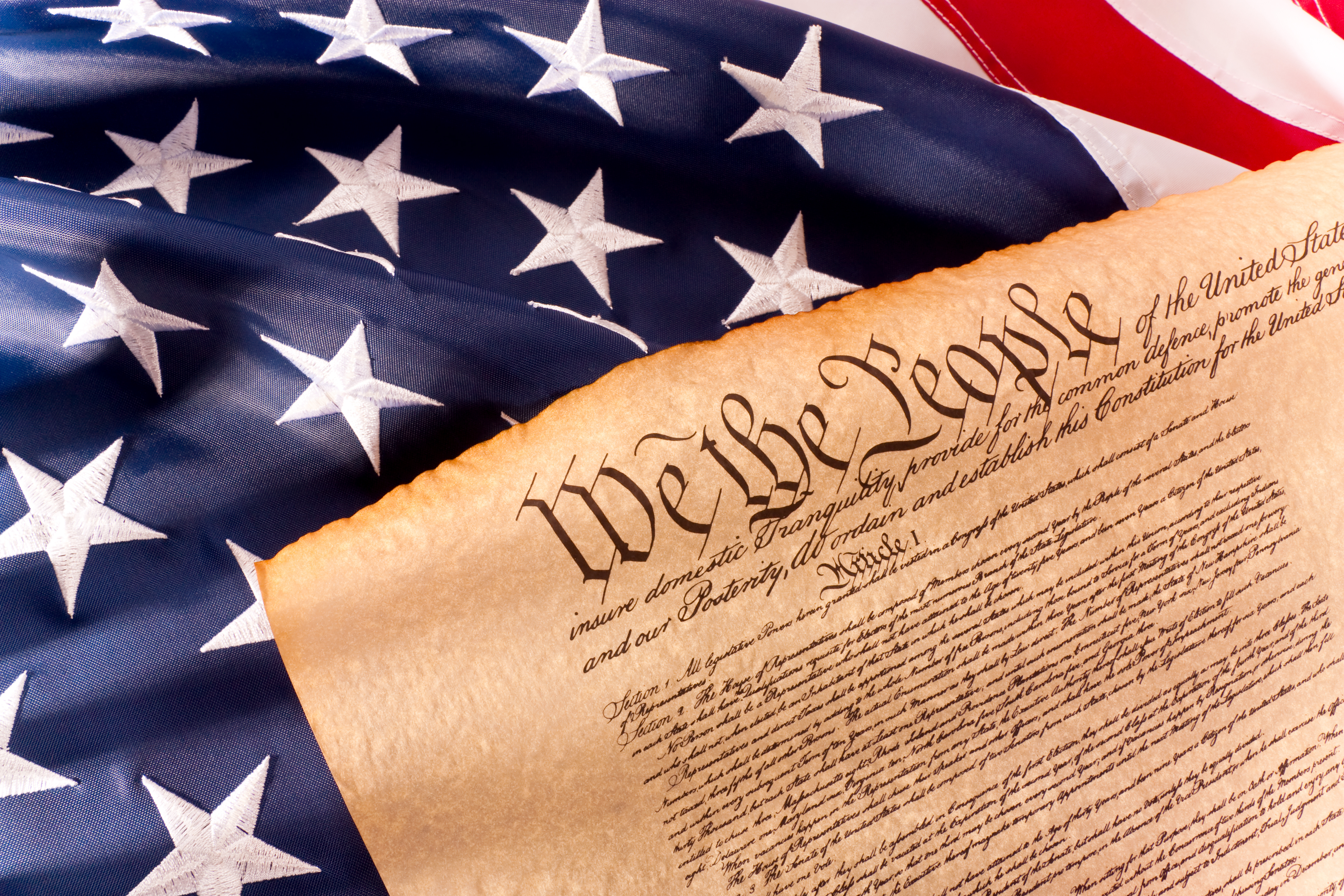Topics
Participants (7-12 Grade Social Studies teachers) will be immersed in the historical, social, political, and legal components of three landmark Supreme Court cases as they discuss these questions:
Why are these decisions still important to all Americans today?
What factors led to the Supreme Court’s expansion of civil rights and liberties in these cases?
Participants will examine the Bill of Rights and the Fourteenth Amendment from a legal and historical context. They will also learn about the Supreme Court’s evolving approach to applying the Bill of Rights against state and local government action.
Participants will study the case of Gomillion v Lightfoot, which outlawed racial gerrymandering. We will then discuss the challenge of applying the principles of that case to more modern forms of political gerrymandering and the role of the courts in determining whether or not congressional districts are drawn fairly. Participants will experience “You Be the Justice” lessons which apply the principles outlined in Gomillion to modern cases.
Participants will examine the case of the Scottsboro Boys from Powell v Alabama that established the right to effective counsel and then learn about the legacy and application of this right in subsequent cases. Participants will experience a lesson in which we deliberate what is required for “effective counsel?”
Participants will examine NAACP v. Alabama against the historical background of the Montgomery Bus Boycott and the state of Alabama’s demand that the NAACP produce its membership list. They will also participate in a “You be the Justice” lesson examining the complex application of this fundamental right to government efforts since the September 11th attacks to identify those associated with terrorist organizations and, more recently, with hate groups.
Teachers will be put into grade-level/subject focused teams to develop a sequence of problem-based inquiry lessons focused on a civil right or liberty pertinent to their own curriculum. Each team will be facilitated by a Lesson Study Team Leader with experience in the problem-based inquiry approach. Teams will collaboratively research and build a lesson each summer and then participate in Lesson Study. In Lesson Study the team videos the implementation of the collaboratively built lesson in order to reflect upon the lesson and make revisions to the lesson in order to increase student learning. The teams will do this process twice each year, revising a lesson until it is strong and encourages deep analysis of complex issues. Teachers will be filming themselves implement the lessons and reflecting with their teammates and team leader about how the lesson could be adjusted to increase student learning.








